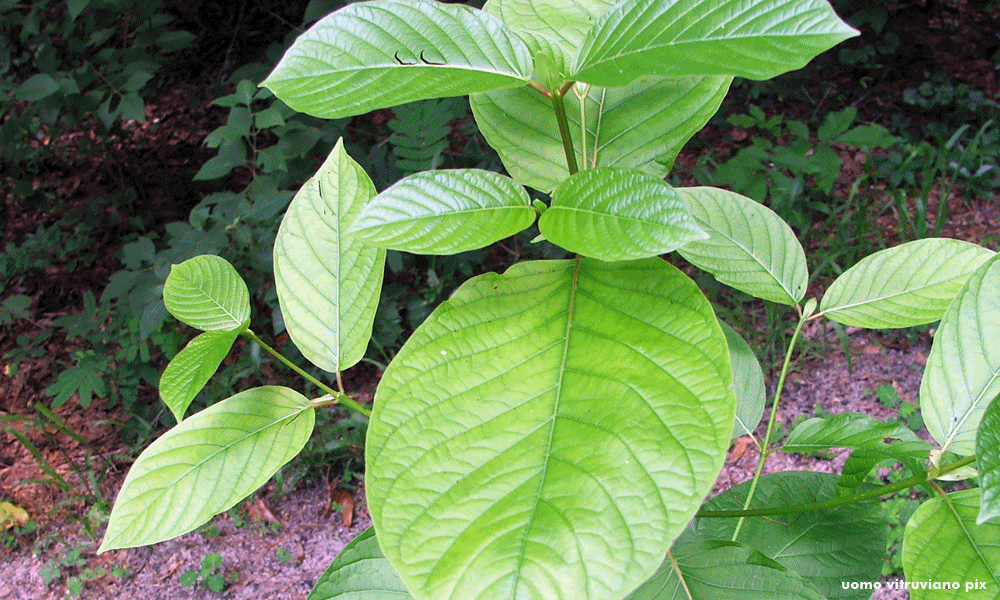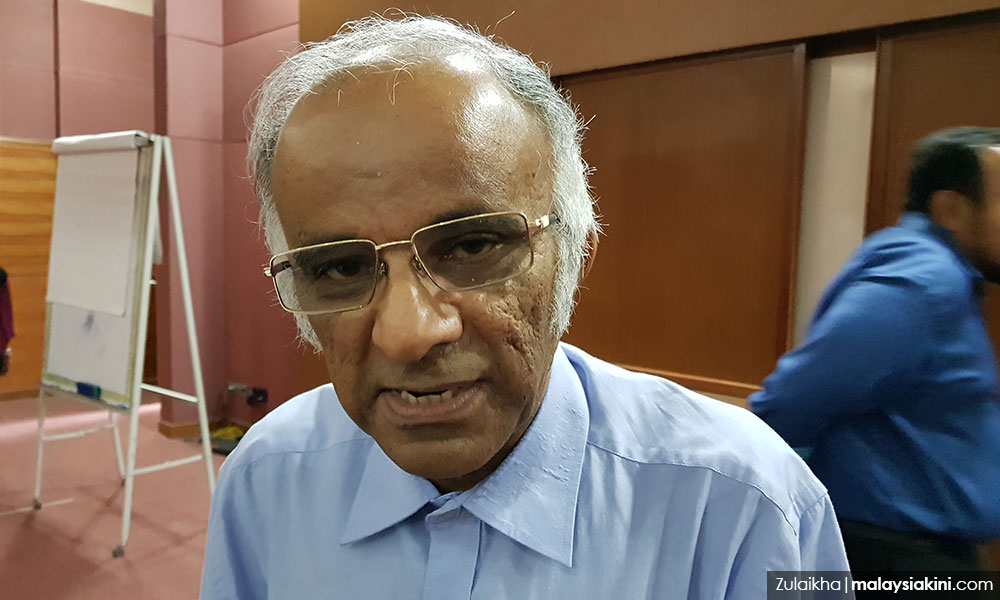
Medical experts are contending that studies have shown ketum, a tropical tree whose leaves have been used as a therapeutic agent, is not harmful to users.
Universiti Malaya Specialist Centre's (UMSC) senior psychiatrist Dr Rusdi Abd Rashid said the planting and the production of the ketum plant should nevertheless be regulated so that it is not misused.
According to him, based on his six-year experience working in Kedah, as well as research in the northern states, ketum users have not been found to display any aggressive tendencies.
"All those years in Alor Setar and Yan, I have never had a patient come in with ketum addiction. The only problem is when they use other drugs along with ketum.
"Only then, they complained about the drugs, and not ketum. When I asked them why they used ketum, they said it is to wean them off the addiction to drugs such as methamphetamine and heroin," he said at a talk titled ‘Ketum - Use or Abuse’ at Universiti Malaya yesterday.
Rusdi also said that based on his research, the majority of ketum users were senior citizens who used it to combat joint pains and they have not experienced any negative effects.

According to him, ketum only produces ill effects when it is mixed with other drugs or substances, such as mosquito coil, for the "extra oomph".
Therefore, it is unfair to classify ketum as a dangerous drug without further studies, he said.
"Ketum can possibly become an alternative to methadone, which is used to treat addiction to heroin. People who take ketum do not feel drowsy like those who take methadone."
Classifying ketum as a dangerous drug will cripple attempts to study its effects further, warned Rusdi, adding that alternating ketum with methadone will also help save the government money, as the ketum plant can be grown locally.
Ketum syrup can also be exported overseas to help treat drug addiction, he noted.
'Sugar more dangerous'
In making his point, Rusdi argued that sugar is more "dangerous" compared to ketum as it causes diabetes.
"I know of diabetics who take ketum to help mitigate their health problems.
"Now, Risda wants to commercialise ketum, so what's wrong with that?" he asked, referring to the Rubber Industry Smallholders Development Authority.
The agency’s chairperson Zahidi Zainul Abidin has been a strong advocate of commercialising ketum.
Rusdi further said that commercialising ketum may allow "struggling" rubber tappers to cultivate and export ketum.
His colleague in UMSC, Prof Dr Mustafa Mohd Ali, also urged the government to allow and provide grants to parties who wish to carry out further studies on the ketum plant.

The pharmacologist and an expert in traditional medicines said Malaysia had many researchers to do such studies, but it cannot be done because there is no "green light".
"If the government allows (to conduct studies) and provides grants to support them, we can make the plant into a traditional syrup to increase energy and health. We can export it.
"We can do it, but there is no green light. We have the people, the experience, the machines, but not the licence.
"We have tried (unsuccessfully, to get permission to study ketum) several years ago," he lamented.
In April 2015, the government tabled changes to the Dangerous Drugs Act 1952 (Amendment 2014) which classified ketum as a dangerous drug, along with cannabis and poppy.
The bill reached the second reading stage in Parliament but was withdrawn after objections raised over its definition of abuse.
Among the concerns raised was whether villagers who cultivated and used the plant for their own use could be booked for abuse. -Mkini



No comments:
Post a Comment
Note: Only a member of this blog may post a comment.